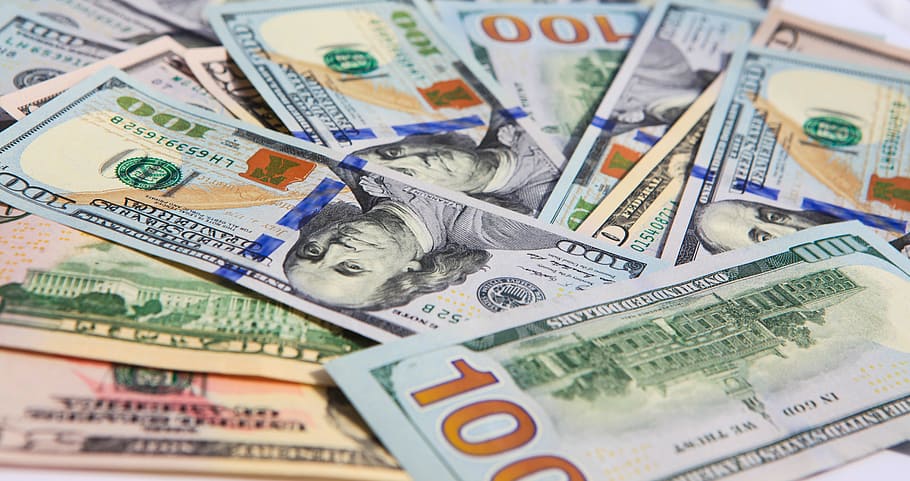Up to date U.S. firms have invested around $4 billion in Serbia. There is growing interest from potential U.S. investors in Serbia, to make cooperation with innovative companies and start-ups in Serbia. Further investments are expected to follow in line with envisaged economic reforms.

According to the data of the US Embassy in Serbia, there is growing interest from potential U.S. investors in Serbia, in line with positive economic trends and with Serbia’s prospective EU accession. In September 2018, the United States and Serbia signed a Memorandum of Understanding on cooperation in infrastructure projects. Further investments are expected to follow in line with envisaged economic reforms aimed at strengthening private sector, improvement of public administration, corporatization of state-owned enterprises, and improved rule of law.
US government supports reforms in the Serbian business sector through USAID. Based on the assumption that Serbia’s economy is constrained by critical barriers to growth and needs further improvements to the business enabling environment in order to attract investments and create jobs, and more vigilant private sector able to compete in regional and international markets, USAID works with selected government counterparts, non-governmental organizations, international donors, and other U.S. agencies to advance reforms that will contribute to economic growth and make Serbia more business friendly. USAID economic growth assistance also helps Serbian firms adopt practices to become more innovative and competitive. USAID is also active In the food processing sector, where it is working across value chains and supports structures to foster a system that will increase competitiveness, sales and exports–creating a model that can be replicated in other parts of the Serbian economy. At both the regulatory level and firm level, USAID is working to increase the diversity and availability of financial products and the private sector’s ability to access them.

U.S. firms have invested around $4 billion in Serbia. Among the leading U.S. investors in the country are NCR, KKR, Philip Morris, Molson Coors, Ball Packaging, Coca-Cola, PepsiCo, Cooper Tire, Ametek and Van Drunen Farms. According to the same source, many other leading U.S. firms, from a broad variety of industrial and service sectors, have a significant presence. Specifically there has been increased interest from U.S. information technology (IT) companies, with specific emphasis on opportunities in e-government, cloud computing, digitization, systems integration and IT security. NCR, Microsoft, Oracle, FIS, and IBM all have significant IT-related operations in Serbia, along with a growing number of IT start-ups. Serbian IT professionals are highly sought after.
Based on the US Census Bureau data, Serbia’s trade with the United States rose to $490.57 million in 2019. That’s 0.43 percent above its total trade of 2018. U.S. exports to Serbia decreased 9.13 percent while U.S. imports from Serbia rose 5.33 percent. The U.S. deficit with Serbia was $189.36 million. The value of the top five categories of U.S. imports from Serbia –– Electric motors, generators, not sets; Mattresses and other bedding products; Engine parts; Bombs, grenades, cartridges, parts; and Frozen fruit, nuts, accounted for 42.52 percent of all inbound shipments.
Based on the same source, US exports to Serbia fell compared to 2018 for the following items: the civilian aircraft, parts fell 23.08 percent to $29.78 million, low value shipments fell 4.14 percent to $14.24 million, computers fell 9.17 percent to $7.22 million, raw tobacco fell 17.46 percent to $7.19 million. Tractors rose 150.67 percent compared to last year to $3.66 million.
At the same time U.S. imports from Serbia in category electric motors, generators, not sets, rose 192.5 percent compared to 2018 to $61.23 million, mattresses and other bedding products rose 5510.59 percent to $31.92 million, engine parts rose 41.99 percent to $22.17 million, bombs, grenades, cartridges, parts fell 36.02 percent to $16.56 million and frozen fruit, nuts fell 29.26 percent compared to 2018 to $12.68 million.
In 2018 annual figures available, Serbia recorded $488.49 million in trade with the United States. Total U.S. exports to Serbia were $165.74 million and imports from Serbia were $322.75 million. The U.S. deficit with Serbia was $157.02 million.